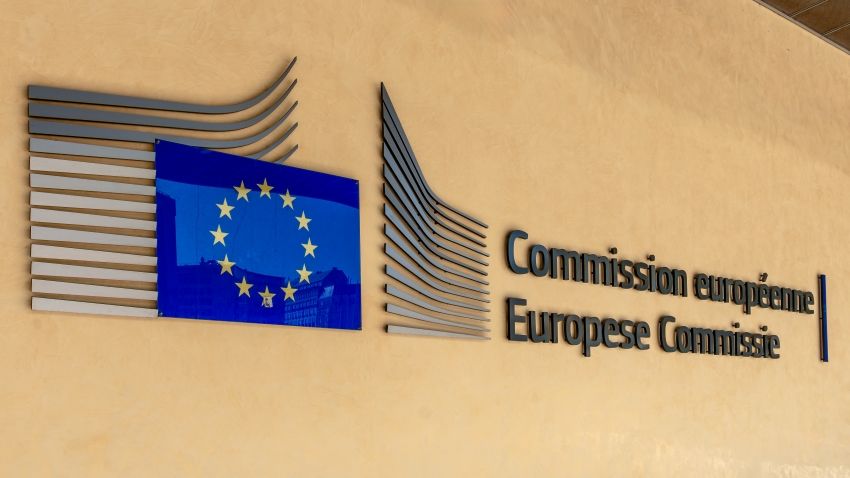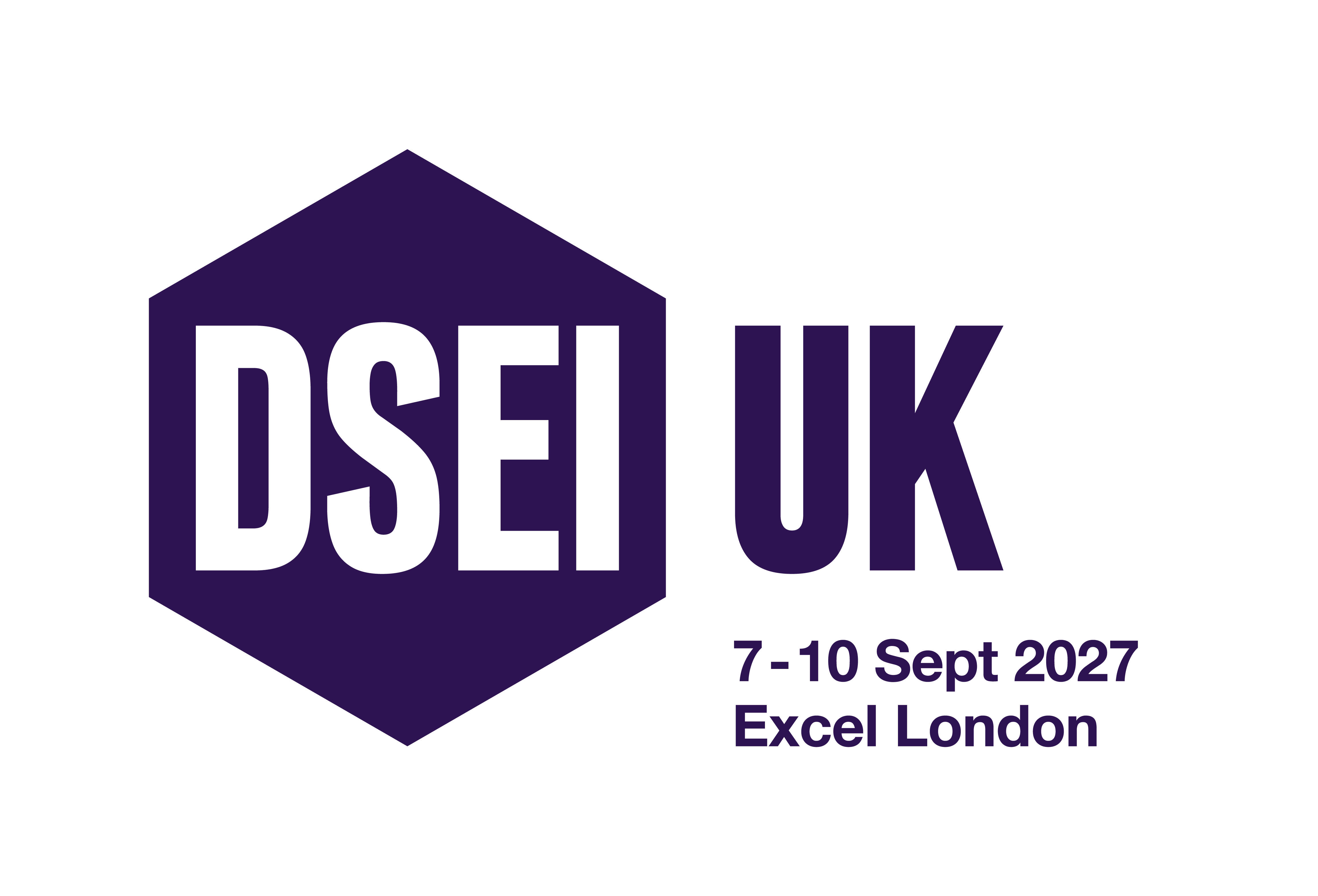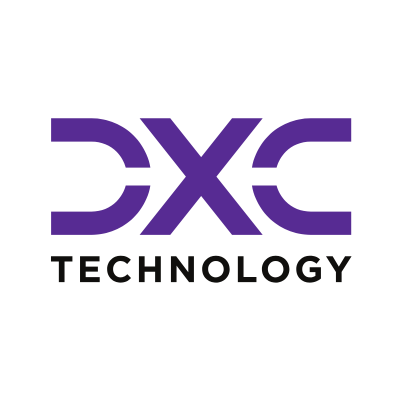
This agreement will also tighten collaboration between the EU’s key defence bodies.
The European Commission and the European Defence Agency (EDA) have signed a Financial Framework Partnership Agreement (FFPA) that’s set to boost cooperation on EUR300 million worth of defence initiatives, a 25 June announcement from the commission has revealed.
Increasing the number of projects managed by the EDA from 24 to over 40, the FFPA will simplify and speed up the process of how the commission and EDA carry out joint defence projects with the European Defence Fund (EDF). It will also foster greater collaboration between the EDA and the commission.
This move is especially beneficial to small and medium-sized enterprises, the commission noted, which make up a large portion of EDF beneficiaries and are “key drivers of innovation in the defence sector”.
FFPA “represents a strategic enabler that will allow us to deliver cutting-edge, EU-funded defence capabilities faster and more efficiently”, EU Commission spokesperson Thomas Regnier told DSEI Gateway.
In practice, the FFPA works by simplifying how the commission and EDA sign annual Contribution Agreements, helping to speed up the process of supporting joint defence projects under the EDF. Faster EDF grant procedures with less administration and improved alignment between the EDA and the commission’s Directorate-General for Defence Industry and Space (DG DEFIS) will also help to enhance defence cooperation, the commission said.
When asked for more detail on the GBP300 million projects, Regnier said that they will “begin to be delivered progressively, starting with the 2024 cycle”, adding that as the “partnership evolves, we remain committed to transparent communication on project timelines and scope”.
Specific details regarding the projects and their scope were largely omitted from the commission’s announcement.
However, each year the EDF launches a range of research and development projects (call for proposals) under the Work Programme.
When asked about how the FFPA is linked to this, Regnier said the “FFPA does not directly amend the scope or number of projects under the 2026 EDF call for proposals at this stage. However, by establishing a more efficient administrative and financial cooperation mechanism, the agreement lays the groundwork for smoother and potentially broader implementation of future EDF calls”.
Aside from this, the FFPA also builds on an existing relationship between the EDA and DG DEFIS – which already collaborate on the implementation of EDF projects – and expands on collaboration with the European Defence Innovation Scheme and the EDA’s Hub for Defence Innovation.
"Thanks to this new agreement and these new EDF projects, we can help EU member states develop new defence technologies faster”, EDA CEO André Denk said.
“Working with the European Commission, we can identify the most promising solutions, and, importantly, act as a technology broker – using EDA’s networks and EU funding to support further development”, Denk added.
DSEI Gateway News is part of DSEI UK and the broader Clarion Defence portfolio.
Enjoy reading this article? Click here to read more about our upcoming DSEI membership offering...
Tags
- agreement
- between
- bodies
- boost
- collaboration
- commission
- cooperation
- defence
- dsei
- eda
- edf
- eu
- eur300m
- european
- eus
- faster
- ffpa
- finalises
- gbp300m
- gets
- improve
- innovation
- key
- more
- new
- number
- partnership
- projects
- regnier
- tighten
- under
- up
- worth
Providing impartial insights and news on defence, focusing on actionable opportunities.
-
The marketplace follows the establishment of the new small C-UAS JIATF-401 taskforce last year.
-
The new office seeks to cut red tape and accelerate procurement with small companies.
-
The plan aims to build out the US Navy’s lethality, complementing the new Golden Fleet initiative.


)
)
)
